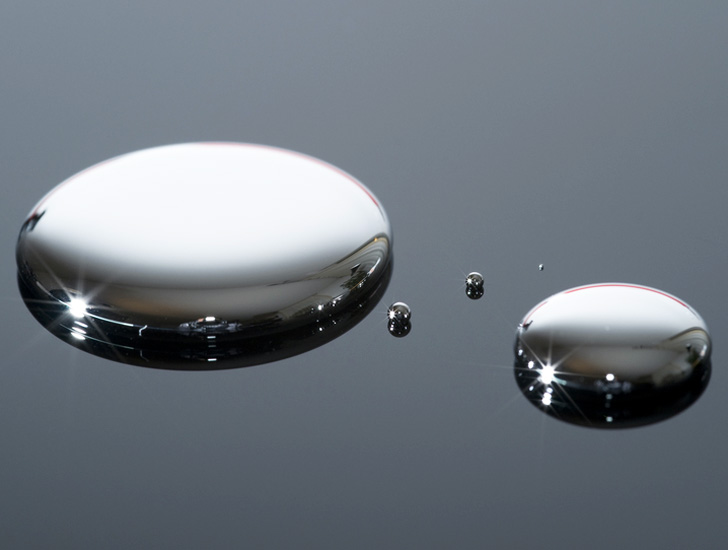We are blessed with various particles along with elements and important components. Mercury is one of the biggest gifts from nature but the same is a very heavy metal with potent toxicity. Mercury has found its way into Earth’s oceans and the same is making a complex environmental challenge. Today we will be checking out the various pathways on the intricate processes that contribute to its presence in marine environments. So without making any further delay let’s get into the article to learn more about the same in detail.
Natural Sources of Mercury:
Mercury is released into the environment through natural processes including volcanic eruptions and weathering of rocks. These natural sources contribute a baseline level of mercury to the oceans, and the same is creating a part of the natural biogeochemical cycle.
Atmospheric Deposition:
One of the primary contributors to marine mercury contamination is atmospheric deposition. Mercury vapor, released into the atmosphere from natural and human-made sources, eventually settles into the oceans through precipitation. This process, known as wet and dry deposition, brings mercury from the air to the water, influencing both coastal and open ocean environments.
Runoff from Land:
The activities of humans especially in the industrial segment, coal combustion, and artisanal small-scale gold mining, release mercury into freshwater systems. It is a major problem as the same can be transported to the oceans through river runoff. Agricultural practices, deforestation, and urbanization also contribute to the mobilization of mercury from terrestrial sources into rivers and, ultimately, the seas.
Methylation and Bioaccumulation:
Once in the oceans, mercury undergoes a transformation process called methylation, where certain microorganisms convert it into methylmercury, a highly toxic and bioavailable form. Methylmercury has the ability to accumulate in aquatic organisms, leading to biomagnification as it moves up the food chain.
Impacts on Marine Life:
Mercury contamination poses significant problems to marine life. Fish and seafood, integral components of many human diets, can accumulate high levels of methylmercury. This has health implications for those who consume contaminated seafood, as mercury toxicity can affect the nervous system and have developmental impacts, particularly in fetuses and young children.
So the journey of Mercury to oceans is really harmful to the environment and for human life and we need to control the same to make a good planet for ourselves along with the creators of nature and for the next generation.
- About the Author
- Latest Posts
A passionate advocate for all natural and sustainable ideas. With a background in sustainable economics science and a deep love for nature, Sojy has dedicated his career to promoting eco-friendly practices and encouraging others to live a more sustainable lifestyle. He is an avid hiker, gardener, and cook, and loves experimenting with natural ingredients in his recipes and lifestyle routines. Sojy believes that small changes can make a big impact and is constantly seeking out new ways to reduce his carbon footprint and inspire others to do the same




